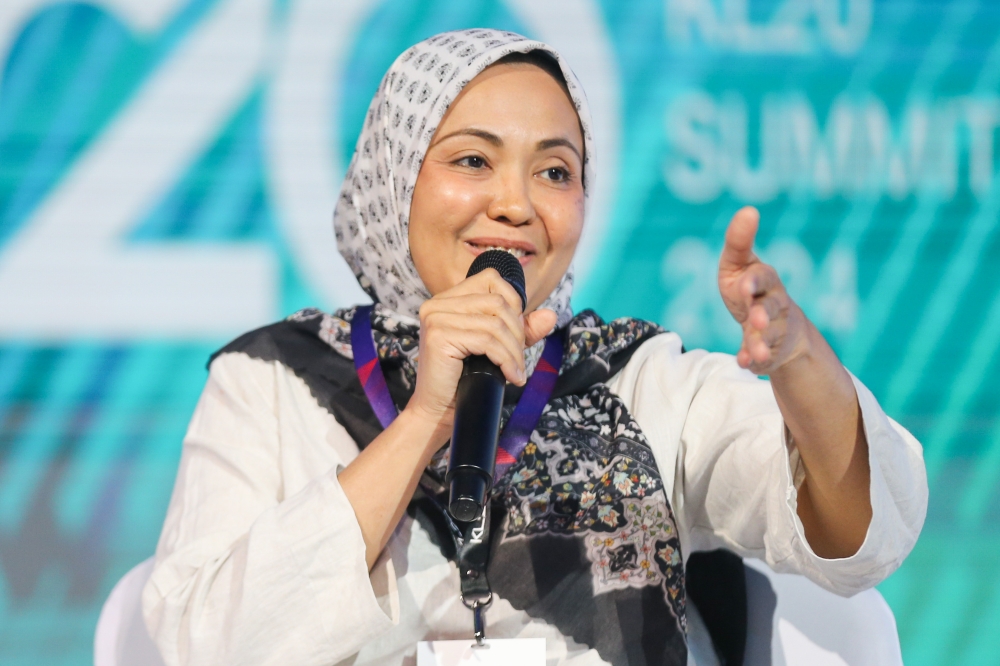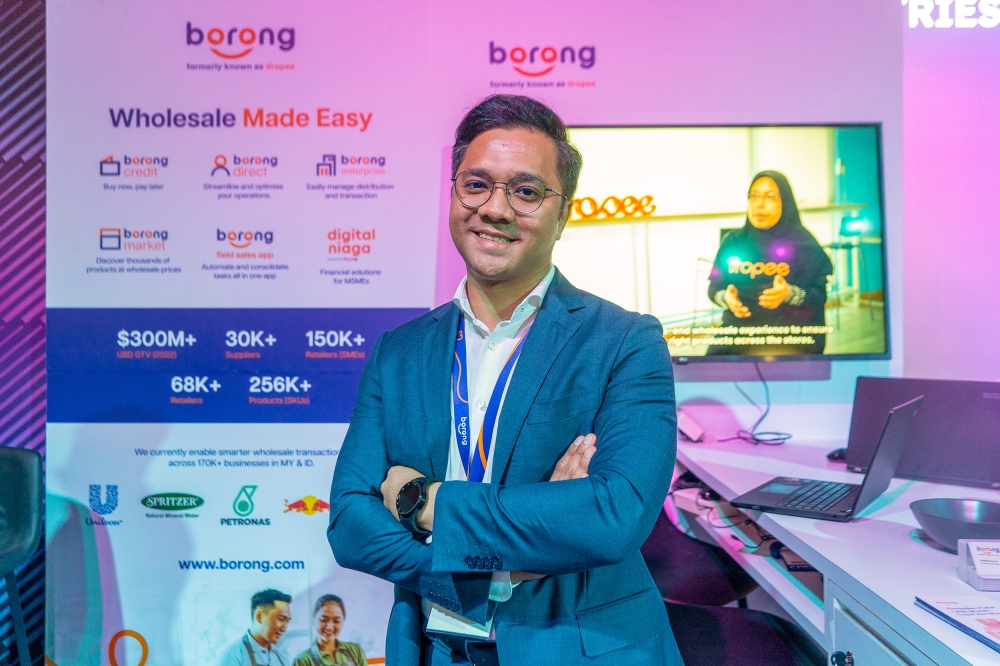KUALA LUMPUR, April 30 — Putrajaya’s incentives announced during the KL20 Summit last week have been lauded by several local startup founders, with particular excitement over attracting more venture capital (VC) firms.
Speaking to Malay Mail, the founders said having an expanded presence of VCs in the country would provide a seed for growth among the local startup scenes, something that Malaysia has sorely lacked previously.
The founder and chief executive of Malaysia’s first on-demand babysitting platform Kiddocare, Nadira Yusoff, said she believes with the participation of foreign VCs and funds, Malaysia will be able to develop the capacity of its own VS firms and talents.
“This might also spur more opportunities for merger and acquisition for exit, which Malaysia is terribly lacking.
“With this, the Malaysian VCs and other institutional funders can help distribute more funding for our local startups to build our own capacities to compete, and level the playing field for us,” she told Malay Mail in a recent interview.
Nadira also said she hopes the incentives offered by KL20 would attract more skilled talent into the country, as local startups have struggled to compete with the wages and benefits offered by the larger startups, especially unicorns — a private startup that is valued at over US$1 billion (RM4.8 billion).
“Ventures cannot be built without good talent, so it is paramount for the government to put in measures to support local startups to attract and retain talents,” she said.

In his keynote address during KL20, Economy Minister Rafizi Ramli announced a slew of incentives that would be applicable immediately as Malaysia pivots towards attracting global and regional unicorns rather than just trying to breed one locally.
The summit saw three high-tech companies and 12 VCs announcing their presence in Kuala Lumpur, in addition to three sovereign and semiconductor funds pledging RM3 billion for the Asean Investment Initiative.
Aizat Rahim — the founder of business-to-business marketplace Borong (formerly known as Dropee) — lauded the Golden Passes offered to startups, founders and VCs, saying that it has cut down on bureaucratic overhead.
“I think the government should be incentivising more VCs to set up their branches here rather than the unicorn startups as Malaysia has lots of great talents and entrepreneurs, but we Malaysian entrepreneurs are lacking the support from an investment perspective compared to our neighbouring countries.
“By bringing in more VCs into the scene, generally, it’ll create more local startups or entrepreneurs founded out of Malaysia — which will create a better outlook in general,” he said.
Aizat added that the newly announced policies would provide Malaysia with a competitive edge over its regional neighbours, many of which are also vying to attract global startups to set up shop in their respective markets.
“Simplified processes and substantial incentives can lure foreign startups and investments, enhancing economic growth and technological transfer,” he said.

Drone services provider Aerodyne Group’s senior vice-president, Hariz Zainal, said the incentives would address the lack of competitiveness of Malaysia compared with Indonesia and Singapore, saying the lack of funding has hampered the number of startups here.
“We are aware that for startups to remain sustainable and grow, they sometimes need an injection of capital. With more organisation could help in providing the capital, I have to agree that this is a great initiative,” he said.
Hariz also praised the KL20 Summit for attracting high-tech firms and VCs to open their branches here, saying partnerships with international counterparts are one of the components breeding growth among startups.
“With the local establishment of partners that we can find in Malaysia, then why not? It could be easier to work together as we are now in the same region.
“And I think, if our ecosystem expands, there would be more startup companies in Malaysia that will have spillover effects,” he told Malay Mail.
Among the incentives announced during KL20 were the Unicorn Golden Pass, which includes exempted fees for employment passes for senior management, subsidised rental, concessionary tax rates on corporate profits, relocation services, and a startup concierge that handles the backroom registration at the start.
To attract high-skilled talent, the Innovation Pass offers a multi-tier employment pass programme, while the VC Golden Pass offers limited partners funding access opportunities, subsidised office spaces, expedited licence registrations, and exempted fees for employment passes.
Putrajaya also announced the KL20 GPU Scheme, a rebate scheme for the use of cloud services and general-purpose computing on graphics processing units (GPUs), and promoting the Innovation Belt where startups, talents, investors, corporates, and academics can congregate in areas around KL Sentral and Bangsar South.





















